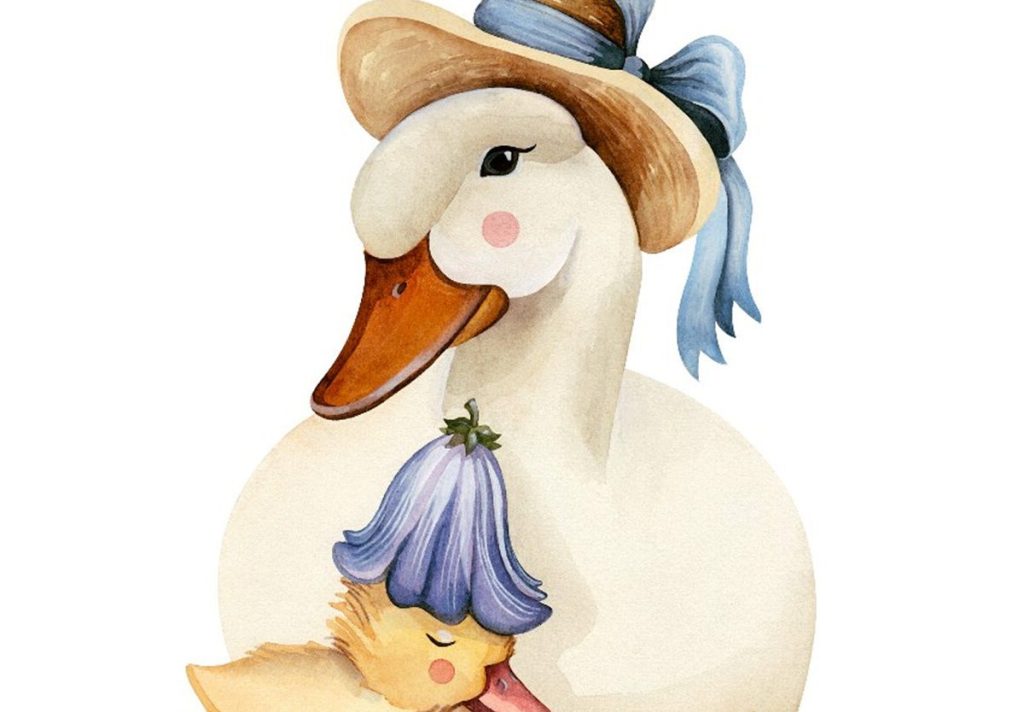Diving into the whimsical world of Mother Goose, we uncover a tapestry of nursery rhymes and poems that have charmed generations. From the enchanting tales of Humpty Dumpty to the misadventures of Jack and Jill, these stories are more than just bedtime entertainment; they're a cornerstone of childhood. But have you ever paused to wonder where these tales originated? The journey of Mother Goose rhymes stretches back to 1697 France, with a collection that whispered of magic and morals, eventually crossing oceans to find a cherished place in English and American hearts. Celebrated on May 1, National Mother Goose Day isn't just a nod to this beloved character but a recognition of the role these stories play in literary and cultural heritage. Established in 1987, this day invites us to revisit the whimsy and wisdom of Mother Goose, reminding us of the power of simple stories to ignite imaginations across the ages.
Key Takeaway
Timeline
Day Activities
-
Reading Marathon: Dive headfirst into the whimsical world of Mother Goose with a marathon reading session. Libraries and schools often host events where kids and adults alike can listen to or participate in reading aloud their favorite nursery rhymes. From "Humpty Dumpty" to "Jack and Jill," these sessions bring characters to life, fostering a love for reading and storytelling among participants.
-
Creative Crafts: Unleash your inner artist with crafts inspired by the enchanting tales of Mother Goose. Whether it's making a paper mache Humpty Dumpty, coloring scenes from "Little Miss Muffet," or creating a "Hey Diddle Diddle" mobile, these activities not only spark creativity but also help kids connect with the stories on a deeper level.
-
Costume Parade: Nothing says celebration like dressing up as your favorite nursery rhyme character. Schools, community centers, and even neighborhoods can organize parades where kids and adults showcase their costumes, from Mary and her little lamb to the dish running away with the spoon. This fun-filled activity not only highlights the day but also brings communities together in a unique and memorable way.
Interesting Facts
1. Origins in France
Mother Goose rhymes first saw print in France, 1697, as "Mother Goose's Melodies."
2. English Adoption
By 1765, Mother Goose rhymes were beloved in England, expanding the collection.
3. American Popularity
In the late 18th century, Mother Goose rhymes charmed their way into American culture.
4. Celebration Begins
1987 marked the first National Mother Goose Day in the U.S., thanks to the National League of Poets.
5. Activities Galore
Festivities include reading, reciting, and creating art inspired by Mother Goose characters.
Why We Love This Day
- Celebrating Childhood Memories
Who doesn't love a trip down memory lane? National Mother Goose Day is like opening a time capsule filled with the nursery rhymes that colored our early years. From "Humpty Dumpty" to "Jack and Jill," these tales not only entertained us but also introduced us to the rhythm and rhyme of language. They're stitched into the fabric of our childhoods, making May 1 a day to reminisce and share these timeless stories with new generations.
- Honoring Literary Tradition
Let's tip our hats to the rich literary heritage that Mother Goose rhymes represent. Dating back centuries, these rhymes bridge generations, cultures, and continents. Celebrating National Mother Goose Day shines a spotlight on the role these simple verses have played in storytelling and education. They're not just fun and games; they're building blocks for literacy and a testament to the enduring power of oral tradition in literature.
- Fostering Creativity and Imagination
On May 1, we're not just flipping through old pages; we're unlocking worlds of imagination. Mother Goose rhymes serve as a springboard for creativity, inspiring countless adaptations, artworks, and performances. This day encourages kids and adults alike to engage with these rhymes in new and inventive ways, whether through drawing, acting, or even creating their own verses. It's a celebration of how stories from our past can spark creativity and bring joy to our present.
Past & Future Dates
| Month | Day | Year |
|---|---|---|
| MAY | 1 | 2022 |
| MAY | 1 | 2023 |
| MAY | 1 | 2024 |
| MAY | 1 | 2025 |
| MAY | 1 | 2026 |
| MAY | 1 | 2027 |
| MAY | 1 | 2028 |
FAQ
What is National Mother Goose Day?
National Mother Goose Day is more than just a nod to nostalgia; it's a celebration of the impact that fairy tales and nursery rhymes have on young minds. Established in 1987, this day champions the value of storytelling in preschool education, spotlighting the pivotal role of tales in children's literacy and imaginative development.
How to celebrate Mother Goose Day?
Diving into Mother Goose Day celebrations can be as magical as the tales themselves. Get crafty by making star puppets while singing 'Twinkle, Twinkle Little Star', or whip up some curds and whey in the spirit of 'Little Miss Muffet'. Creating sequence cards of beloved nursery rhymes adds a narrative twist to the fun, and donning homemade Mother Goose bonnets brings stories to life, making for unforgettable moments.
What day is National Goose Day?
National Goose Day falls on September 29, when folklore weaves its way into tradition, suggesting a feast of goose could secure financial wellbeing for the year ahead. This practice roots in the belief that those who partake in the feast on September 29 will enjoy a year filled with prosperity and abundance. Whether true or not, it's a tradition held dear by many, marking the date with culinary celebration.
What is the significance of Mother Goose?
Mother Goose transcends the boundaries of a single character to become an emblem of storytelling’s warmth and educational value. Although she may not trace back to one real person, her essence encapsulates the joy of gathering for stories that elevate the spirit and nurture the imagination, making her a cherished symbol in the landscape of children's literature.
